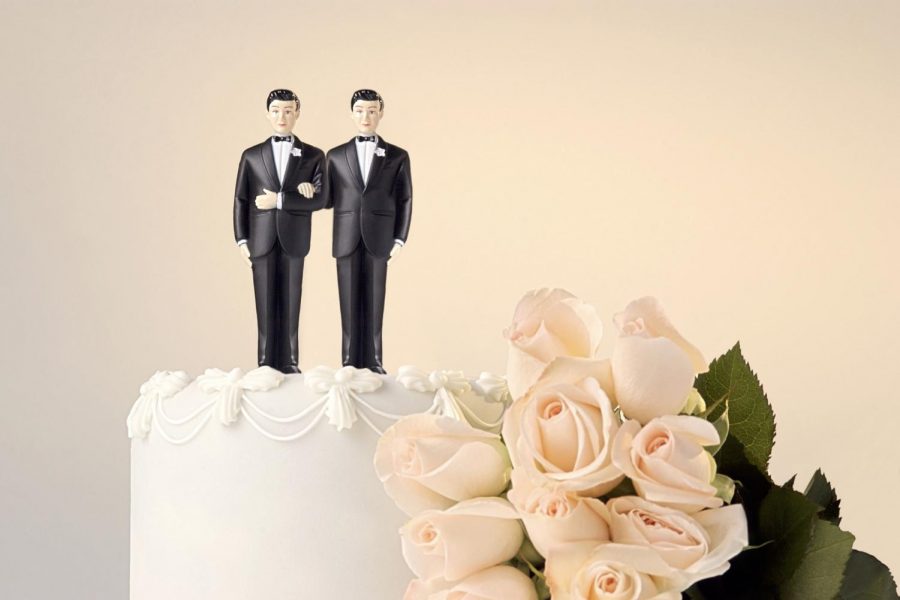Cakeshop Case
March 25, 2018
The most prominent civil rights case of the current Supreme Court term is undoubtedly Masterpiece Cakeshop v. Colorado Civil Rights Commission. The case, often dubbed “the cakeshop case,” concerns whether or not a baker can deny service to a gay wedding because he opposes gay marriage. The case has broad ramifications, and if the Court rules in favor of the cakeshop, it would transform anti-discrimination and civil rights jurisprudence. Yet there is only one defensible ruling for the Court: in favor of the state agency that compelled the owner to bake the cake.
The cakeshop’s appeal boils down to two essential arguments: a freedom of speech argument and a freedom of religion argument. The first is stronger and thus should be dispatched first. The bakery, in its petition, notes that government-compelled speech is generally unconstitutional under the First Amendment. This is uncontroversial and supported by decades of precedent, such as 1977’s Wooley v. Maynard. The bakery then says that its cakes are speech and that its owner is a “cake artist” who speaks through his cakes and communicates important themes. Because the government is compelling him to bake a cake and thus to say something, the cakeshop says, it is acting unconstitutionally.
Two issues exist with the bakery’s free speech argument. First, even accepting that cakes are speech, Colorado isn’t demanding that he write a certain message on the cake or decorate it in a certain way. It is merely insisting that if he offers cakes to the public he can’t turn certain members of the public away for characteristics protected by the state anti-discrimination law. The mere fact that such discrimination involves speech doesn’t mean it’s protected. All discrimination—a “no Irish need apply” sign, for example—involves speech. That doesn’t mean it’s protected.
Second, cakes aren’t speech. Recognizing a cake as speech would mean everything is speech. Subway calls its employees “sandwich artists”: can they deny service to gay people in service of their craft? A ruling in favor of the cakeshop would open the floodgates so that everyone could declare their activity an expressive art and thus deny service to protected groups. Even if the Court limited the right to discriminate strictly to “artists,” it would force them to define what is and is not “art,” an impossible task.
The bakery’s second argument is that forbidding him from refusing service to Craig and Mullins violates the First Amendment’s protection of religious practice. The First Amendment protects many religious practices and grants religious individuals exemptions from various government mandates, the cakeshop’s lawyers claim, so why not discrimination?
Yet the bakery’s religious freedom argument is even flimsier than its free speech argument. The bakery’s underlying assumption—that someone who provides food could cite religion in refusing to serve a customer of a protected class—was rejected in 1968’s Newman v. Piggie Park, when the Court declared a restaurant owner’s claim that he could deny service to black people because his Christianity condemned integration was “patently frivolous.” Religious freedom doesn’t protect everything, and discrimination is one unprotected class.
The Court should rule against the cakeshop. Though it might complain that it is being “forced” or “compelled” to serve customers it would rather not serve, but some degree of government force is what allows society to function and for minorities to live without fear of persecution or discrimination. If the Court forces Colorado to retreat from its proper governmental role, it would be a defeat for equality, for fairness and for justice. Hopefully, the justices will agree.



